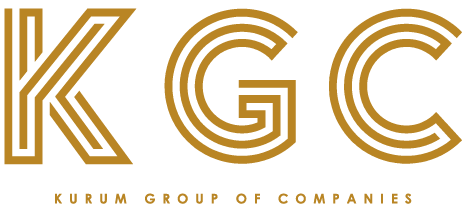In today’s increasingly complex business landscape, entrepreneurs have various options for setting up their businesses. Two of these options are mainland and offshore business setups. In this article, we will explore what these two concepts mean, their differences, and the advantages of each.
What are Mainland and Offshore? Mainland business setup refers to establishing a business within a country, typically subject to the trade and business regulations of that country. For example, an American citizen establishing a company in the United States would be considered a mainland business setup.
Offshore business setup, on the other hand, involves establishing a business outside of one’s own country, usually in a country offering lower tax rates or more flexible regulations. For instance, a European citizen establishing a company in the Caribbean would be considered an offshore business setup.
Differences:
- Legal Structure: Mainland business setups are typically subject to stringent legal regulations and require compliance with local legal procedures. Offshore business setups, however, often provide more flexible legal structures with fewer regulatory requirements.
- Taxation: Mainland businesses are usually subject to higher tax rates, while offshore businesses often offer tax advantages with lower tax rates.
- Business Opportunities: Mainland business setups typically provide access to a larger market and more business opportunities within the country of establishment. Offshore business setups, on the other hand, may offer access to international business opportunities and can sometimes operate at lower costs.
Advantages:
- Advantages of Mainland Business Setup:
- Larger market: Establishing a business within a country provides direct access to that country’s market and expands the potential customer base.
- Greater reliability: Mainland businesses are generally perceived as more reliable and reputable because they operate within the framework of local regulations and standards.
- Local support: Mainland businesses may receive more support from local governments and institutions and can build stronger relationships within local communities.
- Advantages of Offshore Business Setup:
- Lower tax burden: Offshore businesses often benefit from tax advantages, reducing overall operational costs.
- Increased privacy: Some offshore jurisdictions have more flexible rules regarding the confidentiality of financial information, providing business owners with greater privacy.
- Reduced regulation: Offshore businesses are typically subject to fewer regulatory obligations, offering business owners more operational freedom and flexibility.
Conclusion: When choosing between mainland and offshore business setups, entrepreneurs should consider a range of factors including their needs, goals, and budget. Each option offers different advantages, and careful evaluation is necessary for business owners to determine which option is most suitable for them.
